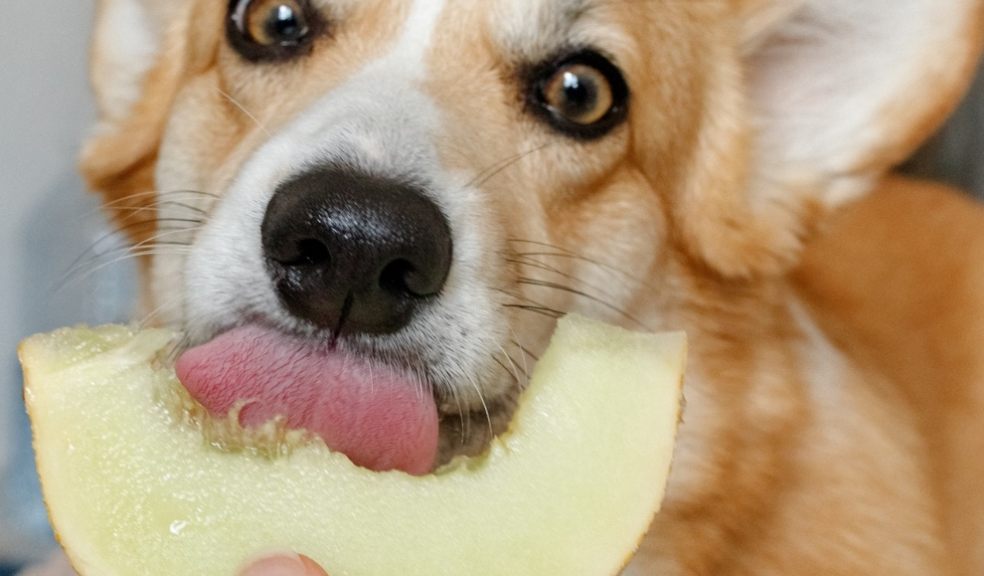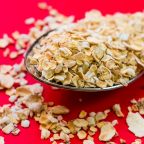
The Do’s and Don'ts of Your Dog’s Diet
As the saying goes, you are what you eat. So, why don’t we apply the same principles to our pets? Many pet-owners would do anything for their furry friends, however, when it comes to feeding them, they often let them pig out on unhealthy food that could be seriously detrimental to their health.
As we know, dogs live considerably less than humans, so it’s important that we make every moment count. If you want to ensure that your pet lives a long and happy life, you’ll need to start paying more attention to their nutrition and health. Here are six do’s and don’ts to follow when it comes to your dog’s diet.
Do Encourage them to Try Fruits and Veggies
Believe it or not, some dogs love fruits and vegetables! Not only this, but they are super good for their health. Here are some fruits and veggies that you should try to introduce as a healthy snack:
- Green beans - these treats are low calorie but high in fibre.
- Cauliflower - this digestive vegetable is high in Sulforaphane, which has been proven to slow down the growth of tumours and help regulate blood pressure.
- Carrots - not only are they high in Vitamin A and fibre, but they’re also great for your dog’s teeth!
- Apples - these nutritious snacks are full of vitamin K, C, and calcium, just make sure to chop up the apple and remove any seeds to avoid your pup choking.
Don’t Feed them Any Toxic Ingredients
Just as there are certain foods that you should encourage your dog to eat, there are certain ingredients that are totally off limits. Here are foods that you should avoid at all costs:
- Avocado - Although some dogs don’t develop a reaction to avocados, many others can feel sick with diarrhoea and vomiting, so it’s best to stay away from these.
- Chocolate - We’ve all heard that chocolate is a no-go for dogs. The theobromine it contains can cause heart problems, seizures, and in the worst cases, death.
- Onions, garlic, or chives - These are staple ingredients in many of our daily dishes, so it’s important that you avoid feeding your dog any leftovers that may contain these. They can cause pale gums, heavy breathing, and excessive drooling.
- Citrus fruits - Limes, oranges, lemons, and similar citrus fruits have the ability to upset your dog’s stomach and affect their central nervous system, so it’s best to keep clear!
Do Feed them Fish
Although cats are more notorious for eating fish, the truth is that dogs love this form of protein too! Some of the healthiest types of fish that you could feed your dog include whitefish, salmon pike, and herring. This is a great source of protein, vitamin A, and omega 3 fatty acids. Protein will help your dog’s muscles grow strong, Vitamin A can help them develop a shiny coat, and omega-3's are perfect for boosting their immune system.
However, if you’re preparing a fish fillet for your dog, just make sure that you’ve removed any bones that could harm their throats. Similarly, don’t over season the fish with salt or pepper. When it comes to butter or oil, minimal amounts are okay but don’t overdo it as these can irritate your dog’s kidney too.
Don’t Go for the Cheapest Dog Food
A common thing across pet-lovers is that they will spend hundreds of dollars a month pampering their pets and buying them new toys. However, when it comes to feeding their beloved dogs, many of them simply purchase the cheapest food on the shelf. Although all dog food looks and smells relatively similar, there’s a great difference between high-quality and low-quality produce.
If you can, you should opt for tailored dog food which fits the unique characteristics of your pet. For example, a chihuahua and a rottweiler won’t be needing the same kind of nutrients in their meal plan. It’s important to differentiate between breeds, ages, and weight categories, so that your dog can lead as healthy of a life as possible.
Do Feed Your Dog Treats but Don’t overindulge them
Treats are an essential part of your relationship with your pet. We understand that your dog is cute enough to deserve all the treats in the world. However, the reality is that many of these treats contain high levels of sugar and salt. Overindulging them with treats can cause them to become overweight or even obese, which then catalyses a long list of other health conditions.
We understand that most owners use treats as a way of rewarding their dog, especially whilst training, however, you should slowly incorporate praise as a reward instead of treats. This way your dog still understands that they are being rewarded but they aren’t constantly stuffing their face with unhealthy food.
Don’t Overfeed Your Pet
Following on from our previous point… moderation is key! Don’t overfeed your pet, even if it's just plain old kibble. Some dogs know their limits, other breeds will eat until they are about to explode. As the owner, it’s your responsibility to ensure that your pet maintains a healthy weight.
Obese or overweight dogs can suffer a multitude of health problems in the long run. Not only will they struggle with basic tasks and activities such as walking or playing, but they can also develop diabetes or lethargy. If you do notice that your pet has gained a few extra pounds, consider taking them out for walks more frequently or switching them to a lower calorie diet.
It’s important to note that a balanced diet isn’t just important for their physical health, it helps their emotional health too. Dogs love to run and play outside, but if they are too obese or sick to do so, they can become depressed. Whether you’re a brand-new pet owner or a long-time dog enthusiast, hopefully this blog has helped you learn some new tricks along the way. Above all, remember to feed your pets with plenty of love and affection too.













